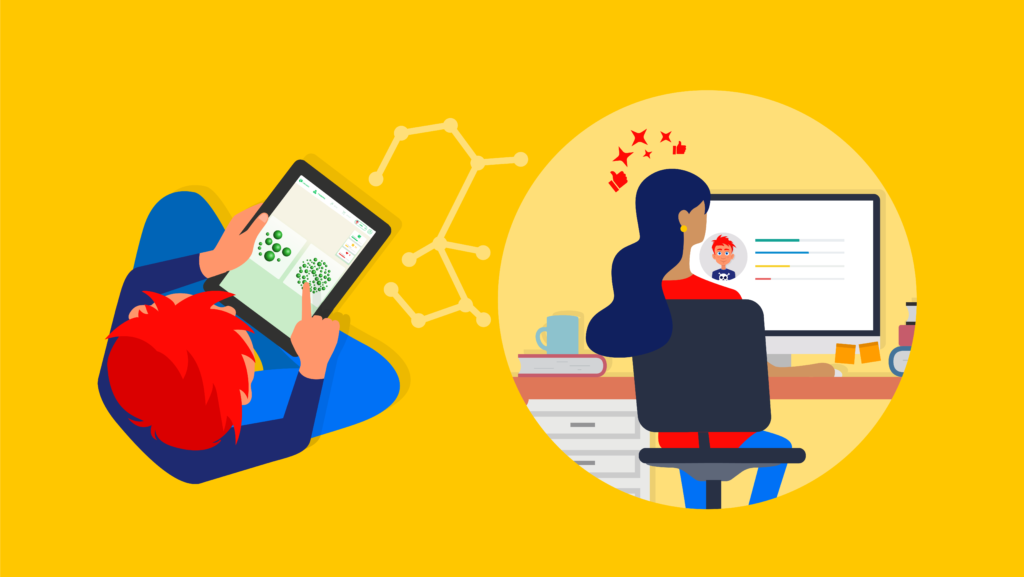
A diagnosis of dyscalculia or other math learning difficulties can feel overwhelming. Parents of a child with recently diagnosed dyscalculia may find themselves asking, “What should I do next? What can I do next?”
Fortunately, both awareness of and support for dyscalculia are increasing. To give you a first look at what resources for dyscalculia are out there, we’ve put together a shortlist of online and offline aids for maths.

Photo by Evan Dennis on Unsplash
Math apps and aids
Apps that teach kids math need to be both effective and engaging. Parents.com selected ten apps for mobile phones that focus on basic math concepts through games and challenges: 10 Great Math Apps for Kids. The apps can be used by children on a range of levels, from preschoolers up through the different grades of elementary school.
Dyscalculia Services lists more apps in My Favorite Apps for Dyscalculia. For those who want less screen time for their kids, the site also has suggestions for math activities such as games involving dominoes or physical math aids like graph paper.

Math tools and tutoring
Dyscalculia may be diagnosed at any age and math anxiety plagues many adults as well as children. For math tools aimed at the complete range of ages and levels, visit Dyscalculia.org‘s list of Best Math Tools. From remedial math programs to online games, this resource will have you covered no matter your age or math abilities.
Finally, one of the all-time best interventions for dyscalculia is good old-fashioned one-on-one tutoring. Studies done by the Stanford MathBrain Project found that individual tutoring can both improve math performance and reduce math anxiety in children with math learning disabilities. You can start by checking in with your child’s school and finding out what resources are available there or if the school can recommend local tutors. Understood.org has a detailed guide on Tutoring Kids With Dyscalculia: What You Need to Know.
Resource Recap
- Calcularis – Specifically designed for those with Dyscalculia
- 10 Great Math Apps for Kids
- My Favorite Apps for Dyscalculia
- Dominoes math game
- Using graph paper as math aid
- Best Math Tools
- Study: one-on-one tutoring relieves math anxiety
- Study: one-on-one tutoring improves math performance
- Tutoring Kids With Dyscalculia: What You Need to Know